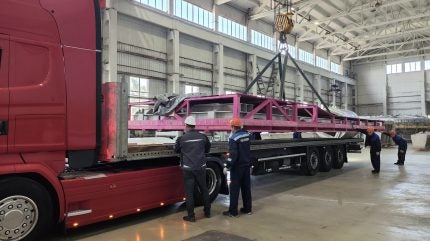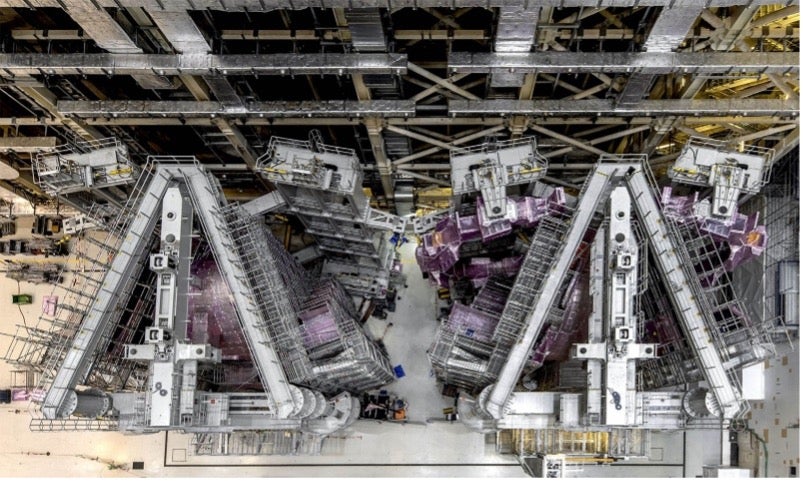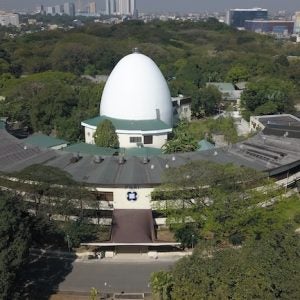
Rosatom’s ITER Project Centre has carried out one of the largest shipments of equipment for the International Thermonuclear Experimental Reactor (ITER) under construction in France. The frame of the first (of four) test rigs for vacuum, strength, thermal and functional testing of the port plugs of the vacuum chamber has been shipped to the ITER construction site.
Test stands, including the frame, are manufactured in Bryansk using advanced, often unique, domestic technologies and developments. When conducting tests inside the rigs, conditions will be created that are as close as possible to the actual operating conditions of the future installation. The frame of the first test rig was the first Russian shipment for this system. This metal structure weighing over 20 tonnes is required to evenly distribute the load on the floor from the test chamber and loading system during loading of port plugs.

“Russia continues to take full responsibility for its obligations regarding its in-kind contribution to the ITER project,” said Anatoly Krasilnikov, director of the ITER Project Centre. “This year we have already made a number of deliveries of high-tech equipment. And now, in accordance with the schedule, the first components of this most important system have been sent to the ITER Organisation. This is a great achievement of the State Committee for Transport, Rosatom, our foreign partners and colleagues,”
ITER is a first-of-a-kind global collaboration. As the host, Europe contributes almost half of the costs of its construction (45.6%), while the other six members of this joint international venture (China, India, Japan, South Korea, Russia and the US), contribute equally for the remaining expenses (9.1% each). However, in practice, the members deliver little monetary contribution to the project, instead providing ‘in-kind’ contributions of components, systems or buildings.
The goal of ITER is to operate at 500 MW (for at least 400 seconds continuously) with 50 MW of plasma heating power input. Some 33 nations are collaborating in the construction of ITER, which began in 2010, many of them through their Domestic Agencies. The ITER Project Centre, a Rosatom private institution, is Russia’s domestic agency.






